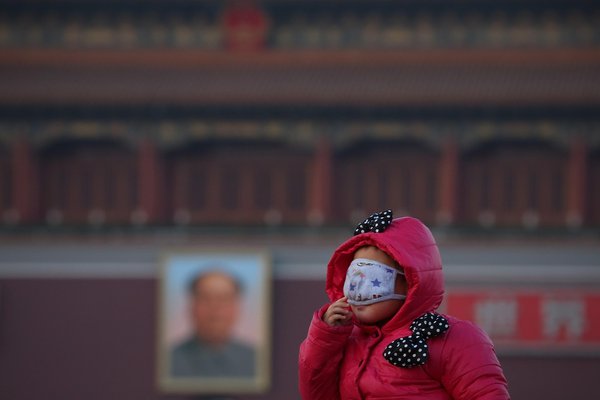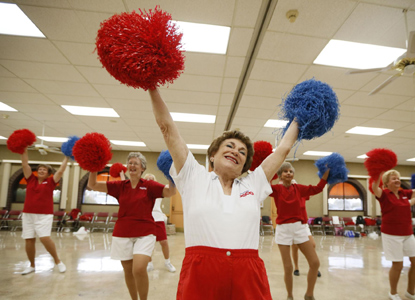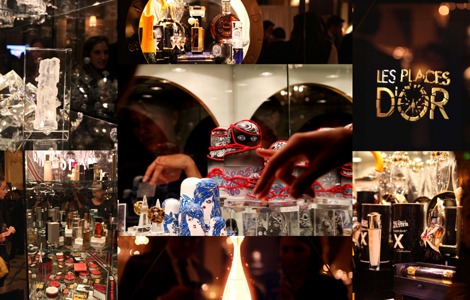Political sessions try to cure 'Beijing cough'
Updated: 2013-01-22 21:53
(Xinhua)
|
||||||||
BEIJING - For lawmakers and political advisors at the ongoing annual sessions in China's capital, the city's new association with the "Beijing cough" is far less welcome than its fame for roast duck and opera.
Some of them say the label, used to mock Beijing's poor air quality, is insulting, but most acknowledge that the term depicts reality and is prompting efforts to fight pollution.
 |
|
A child wearing a mask is seen on a hazy day at Beijing's Tiananmen Square, Jan 17, 2013. [Photo by Feng Li/CFP] |
With the first session of the 14th Beijing Municipal People's Congress opening on Tuesday and the first session of the Beijing Municipal Committee of the Chinese People's Political Consultative Conference (CPPCC) opening on Monday, the "Beijing cough" has become a hot topic.
"Teachers and students from our academy need to take deep and quick breaths while practising traditional operas, which makes them inhale much more pollutants than ordinary people," said Zhou Long, deputy head of the National Academy of Chinese Theater Arts, and also a member of the CPPCC's municipal committee.
The term "Beijing cough" has been in use since as early as the 1990s among foreigners, many of whom experienced chronic respiratory problems when they arrived in Beijing due to the city's dry and polluted air. But it did not become well-known until recently, when more health problems directly attributable to the current air pollution were reported.
As an increasing number of residents are suffering from coughing, sneezing or tight chests amid the city's heavy recent smog, netizens have started labeling the phenomenon the "Beijing cough".
With the debate raging, the Beijing municipal government has vowed to strengthen efforts to curb air pollution.
Measures include taking 180,000 old vehicles off the road, promoting clean energy cars, and closing some 450 heavily pollutive plants, according to the work report by acting mayor Wang Anshun at Tuesday's opening of the session.
Deputies to the congress will further discuss air pollution control during the session, which lasts until next Monday and will elect a new mayor.
Beijing has witnessed persistent smog since early this month. Air quality indices were off the charts for seven days, exceeding the "maximum" level of 500 in the city. The smog was dispersed by a cold front with wind last week, but soon returned.











